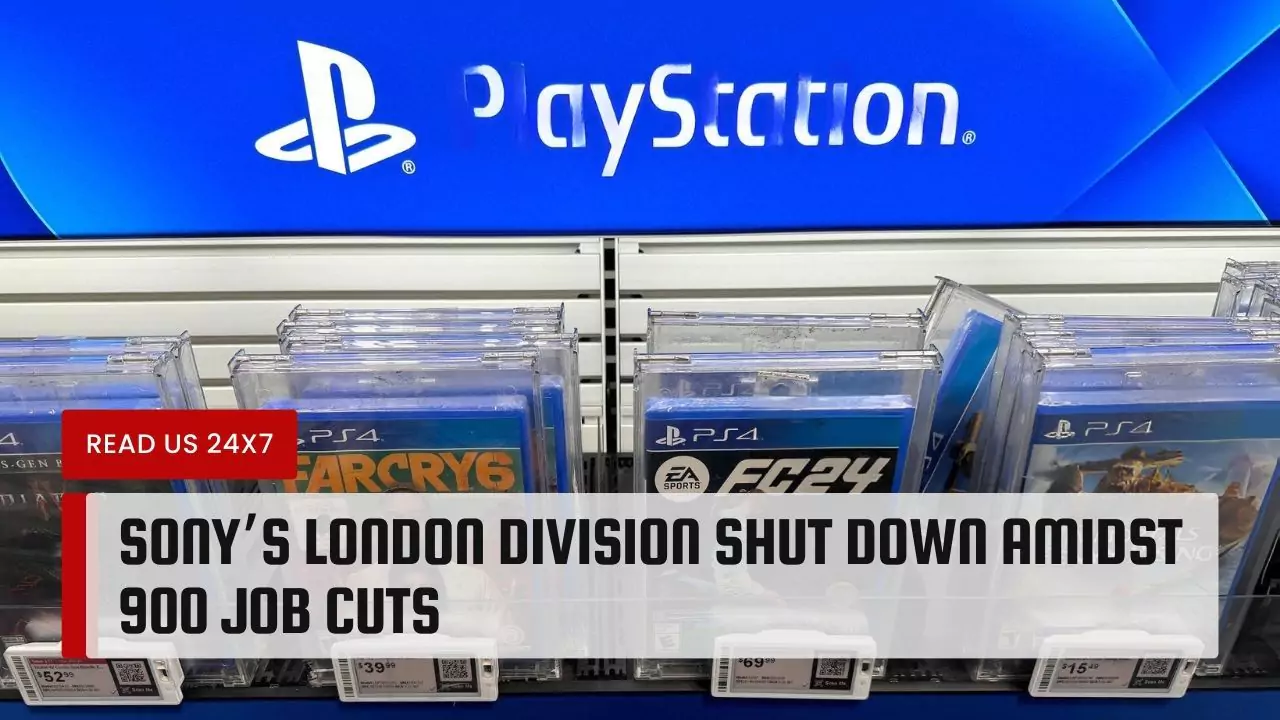Sony, one of the world’s leading gaming companies, has announced that it will lay off 900 employees and close its London studio as part of a restructuring plan. This decision will affect many game developers and fans and reflects the challenges that the gaming industry is facing.
Sony Announces Layoffs and Studio Closure
On Tuesday, Sony Interactive Entertainment (SIE) confirmed that it will cut 900 jobs across its gaming division, which includes studios in Japan, the US, and Europe. This represents about 10% of its global workforce and is expected to save the company $450 million in annual costs.
One of the studios that will be shut down is Sony London Studio, which has been developing games for PlayStation VR, such as Blood & Truth and VR Worlds. The studio was founded in 1993 and has produced many popular titles, such as The Getaway, SingStar, and EyeToy.
Sony said that the layoffs and closure are part of its “strategic vision to align its global game development structure” and to “strengthen its exclusive games portfolio”. The company also said that it would provide support and assistance to the affected employees.
Impact on the Gaming Industry
Sony’s decision to slash jobs and close a studio is not an isolated case, but rather a growing trend in the gaming industry. In recent years, many gaming companies have announced similar moves, such as Activision Blizzard, Electronic Arts, and Ubisoft. Some of the reasons for these layoffs and closures are:
- The high cost of game development: As games become more complex and realistic, they also require more time, money, and resources to create. This means that gaming companies have to invest more in each project, and face higher risks if the game does not sell well or meet the expectations of the fans.
- The increased competition in the gaming market: The gaming industry is constantly evolving and expanding, with new platforms, genres, and players emerging every year. This means that gaming companies have to compete with more rivals and cater to more diverse and demanding audiences. This also means that gaming companies have to innovate and adapt to the changing trends and preferences of gamers.
- The impact of the COVID-19 pandemic: The COVID-19 pandemic has affected the gaming industry in many ways, both positively and negatively. On one hand, the pandemic has boosted the demand and popularity of gaming, as more people stayed at home and played games for entertainment and socialization. On the other hand, the pandemic has also disrupted the production and distribution of games, as many studios had to switch to remote work and face delays and challenges.


